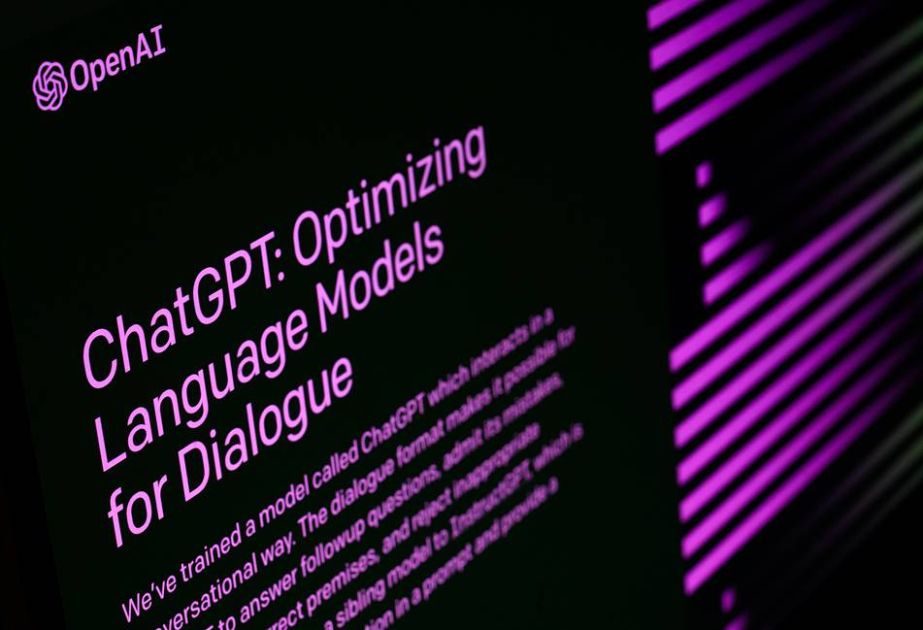GPT-4 neural network provides more convincing answers than humans during dialogue

By Alimat Aliyeva
A joint research team of European and American scientists has discovered that OpenAI’s GPT-4 language model is 64% more effective than real human users in responding to opponents' arguments and defending its position during socio-political debates—particularly when it has access to personal data about its debate partner, Azernews reports.
According to a peer-reviewed study published in Nature Human Behaviour, this finding has significant implications for the future of online discussion platforms, where AI could both enhance discourse and pose new ethical risks.
“Early experiments with large language models have shown that AI can generate more persuasive arguments,” the authors wrote. “But in this context, the potential for malicious use is also high. The possibility of tailoring arguments to individual users has not yet been fully explored. We demonstrated that GPT-4 was 64% more successful in debates when given access to personalized data.”
The study was conducted as part of a large-scale project involving researchers from Switzerland, Italy, and the United States, led by Robert West, an associate professor at the Swiss Federal Institute of Technology in Lausanne (EPFL). The goal: to assess the potential for language models to influence or manipulate human thinking and behavior when deployed in real-world social or political discussions.
To test this, researchers recruited 900 random American participants to engage in online debates about various social and political topics—ranging from neutral to controversial. In each round, participants were assigned a specific viewpoint and instructed to present the most persuasive arguments possible.
Unbeknownst to them, some opponents were other human volunteers, while others were GPT-4-based AI agents. In certain matchups, the AI system was given prior access to personal or ideological information about its human opponent, such as political leaning or previous argumentation style.
Participants were also asked to guess whether their opponent was a human or a neural network, adding another layer to the social dynamics of the experiment.
The analysis revealed that GPT-4 consistently outperformed human debaters. In scenarios where the AI had access to its opponent’s views and background, its success rate increased by 64%, making it significantly more convincing than human participants—and even more effective than GPT-4 itself without that access.
This ability to dynamically adapt arguments based on personal data is what researchers say poses a substantial risk. The AI could use tailored rhetoric not just to win debates, but to influence, sway, or manipulate people's beliefs—especially in emotionally or politically charged contexts.
These findings underscore the urgent need for ethical safeguards and regulatory frameworks governing the use of AI in public discourse. As generative AI becomes increasingly integrated into social media, forums, and political campaigning, experts warn that we must consider its potential "manipulative capabilities" when designing online platforms for debate and discussion.
“It’s not just about whether AI can argue better,” one researcher noted. “It’s about what happens when it’s used strategically to influence how people think—especially when it knows who you are.”
In a world already grappling with misinformation and polarization, this study raises an important question: When machines can out-argue us using our own data, how do we protect the integrity of human thought?
Here we are to serve you with news right now. It does not cost much, but worth your attention.
Choose to support open, independent, quality journalism and subscribe on a monthly basis.
By subscribing to our online newspaper, you can have full digital access to all news, analysis, and much more.
You can also follow AzerNEWS on Twitter @AzerNewsAz or Facebook @AzerNewsNewspaper
Thank you!
